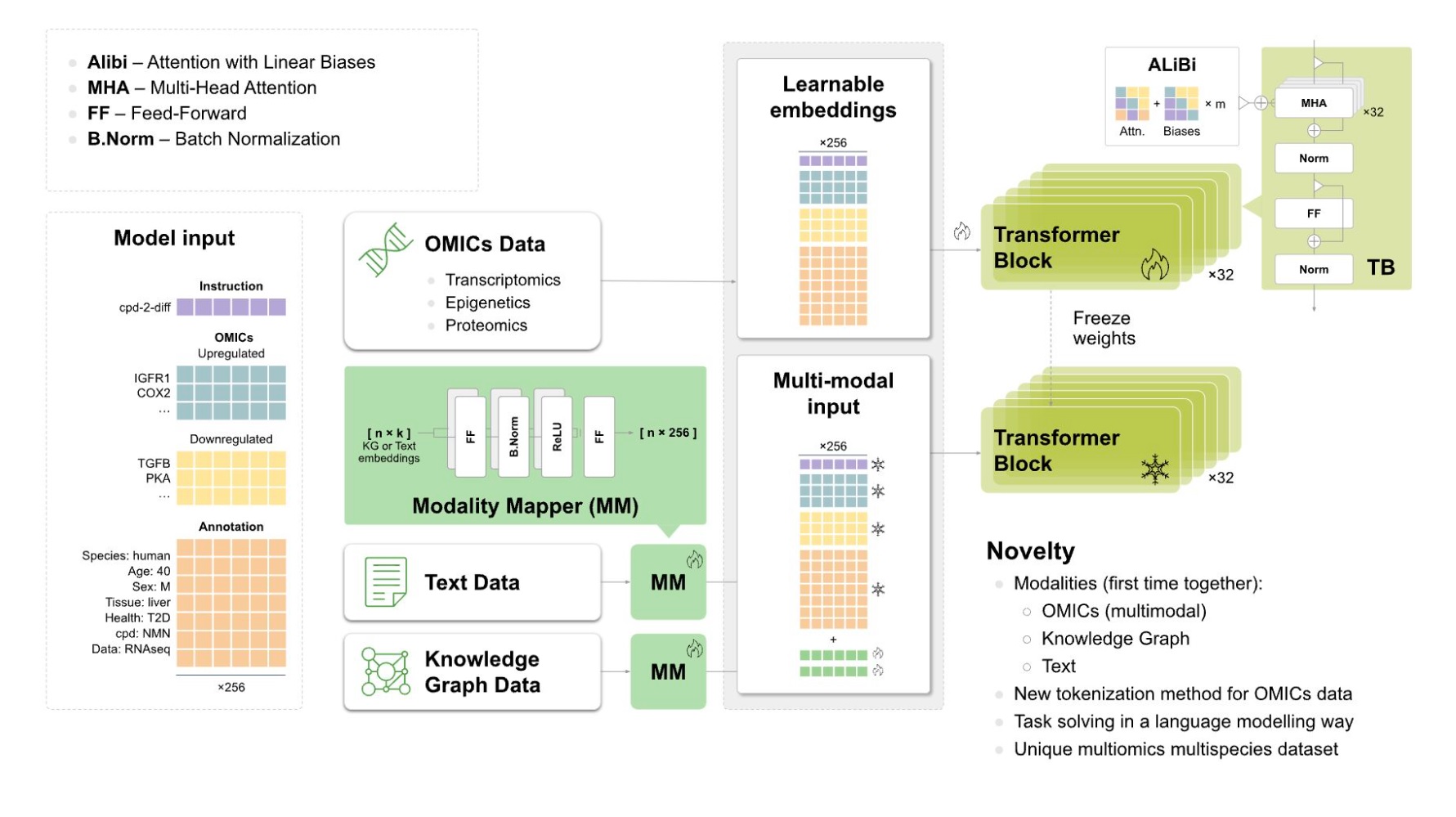Insilico Medicine Unveils AI Assistant for Medical Research Drafting
On a press webinar today, Insilico Medicine, known for its advancements in AI-driven drug discovery, has announced updates to its Pharma.AI platform and unveiled a new AI assistant, DORA, designed to aid in drafting medical research papers.
A free trial of DORA is expected to be available later this year.
DORA, the new AI assistant, leverages multiple AI and large language models (LLMs) to assist researchers in drafting academic papers, case studies, and applications for grants and patents. The tool aims to support early-career researchers and non-native English speakers by providing a digital assistant to help them contribute to medical research.
Insilico's founder and CEO, Alex Zhavoronkov, emphasized the goal of enabling researchers who may lack the same level of support as those in top-tier institutions. For example, medical professionals who have limited time for research can use DORA to formulate and annotate hypotheses, thus unlocking their knowledge through publications or blog posts.
DORA differs from other generative AI programs by not providing instant output. Instead, it integrates multiple LLMs and hundreds of interconnected agents, going through several cycles of reinforcement learning and referencing to generate a draft. This method emphasizes accuracy, although human proofreading remains essential.
To address concerns about data privacy and cybersecurity, Insilico plans to offer its analysis engines on fully offline servers. The PandaOmics Box, which operates without Wi-Fi or web connections, provides secure, localized data processing. Users can update the system monthly via a USB stick, ensuring the integrity of proprietary and protected patient information.
Open-Source AI for Aging Research
In addition to DORA, Insilico is launching an open-source AI program focused on aging and related diseases. The Precious-3 GPT multimodal model ingests clinical data, such as compound structures and results from DNA and omics-based tests, along with text-based reports and published research. The model aims to predict drug sensitivity and cellular interactions while accounting for the aging process at the molecular level.

Zhavoronkov explained that Precious-3 GPT aims to identify relationships between preclinical models and humans. Researchers can use the tool to query targets implicated in aging and diseases like osteoarthritis across different species, facilitating advanced biomedical research.
Topics: AI & Digital